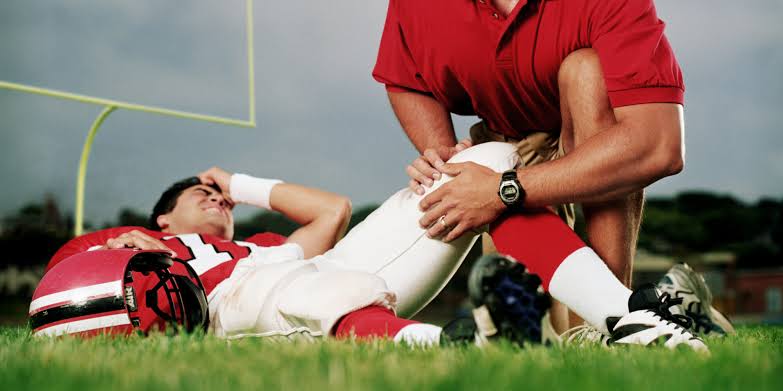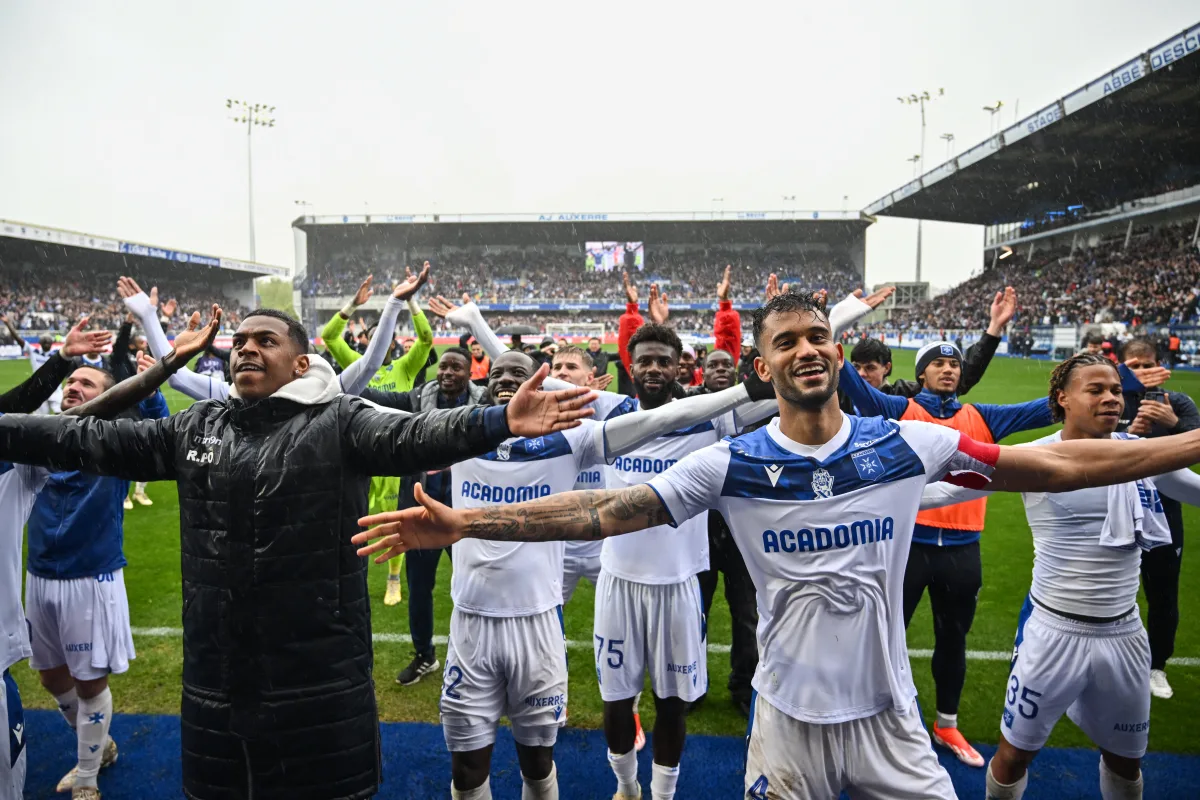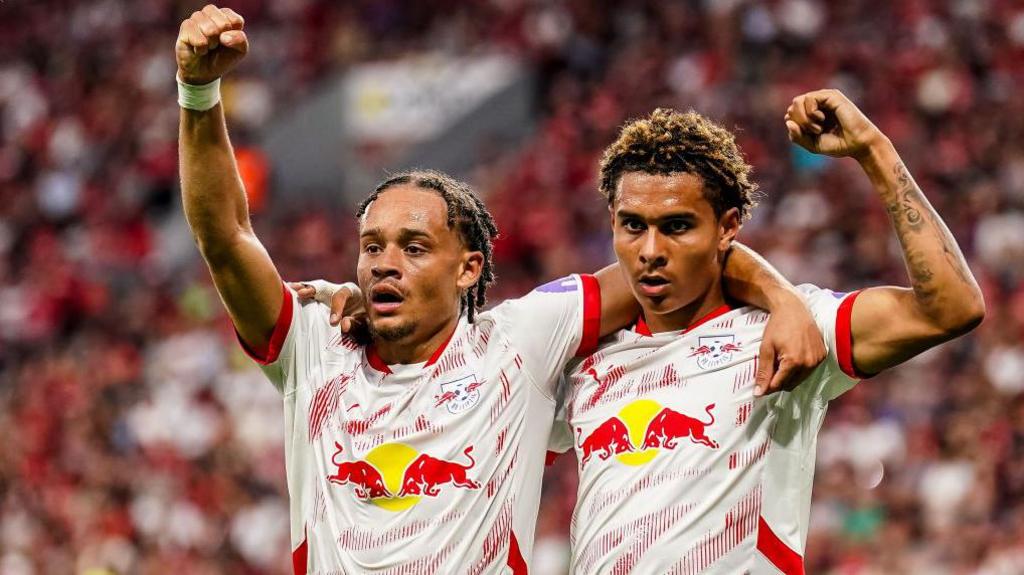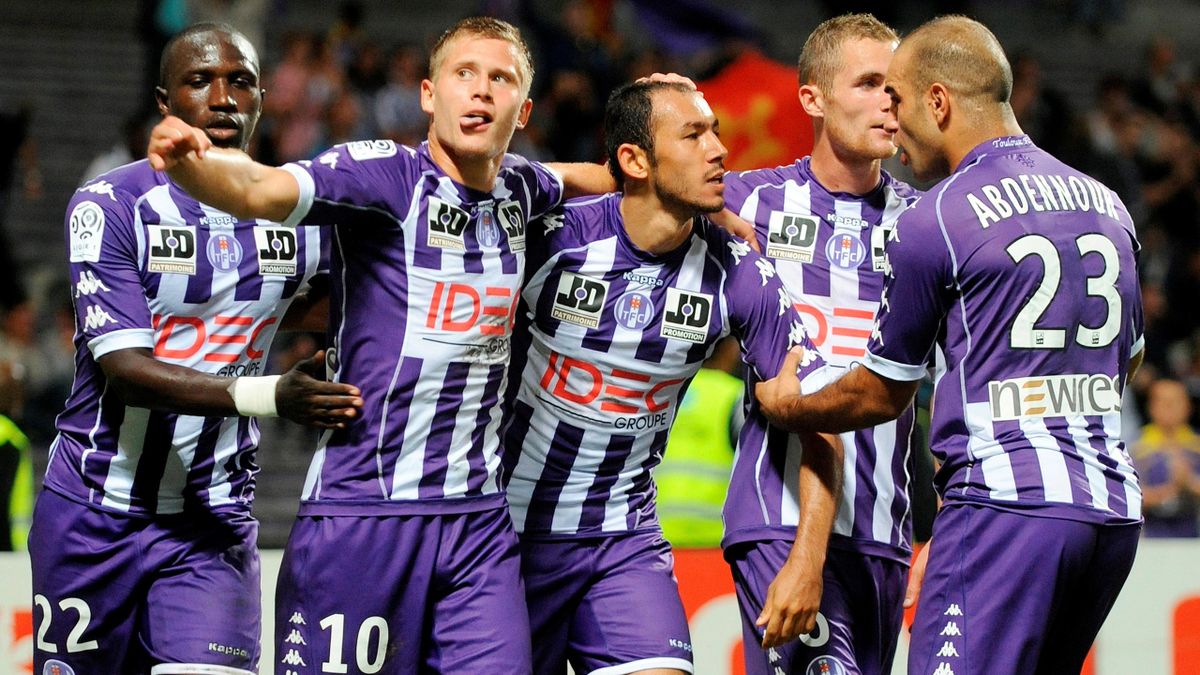
Injuries and recovery are central to managing player health in sports, where maintaining optimal performance hinges on meticulous tracking and effective rehabilitation strategies. Injuries, whether minor strains or significant tears, can disrupt a player’s career and impact team dynamics. Therefore, comprehensive monitoring and management are essential for both immediate care and long-term health.
Tracking injuries involves a detailed approach to record each incident, including the type, severity, and circumstances. This data helps in diagnosing the exact nature of the injury and predicting recovery time. Sophisticated tools and technologies, such as wearable sensors and GPS trackers, are increasingly used to monitor players’ physical conditions and detect signs of overuse or potential injury before they become serious issues.
Recovery is a multi-faceted process that includes not only physical rehabilitation but also psychological support. Physical recovery involves a structured program tailored to the injury, focusing on restoring strength, flexibility, and functionality. This often requires collaboration between physiotherapists, sports doctors, and strength coaches, all of whom must work together to ensure a safe and effective recovery.
Psychological aspects are equally important, as injuries can affect a player’s confidence and mental health. Providing access to sports psychologists and mental health professionals can help players cope with the stress and frustration associated with injuries and recovery. A positive mental attitude can significantly impact recovery times and the likelihood of returning to peak performance.
Preventative measures also play a crucial role in managing player health. Regular assessments and preventative screenings can identify potential risk factors and allow for early intervention. Additionally, educating players on proper techniques, the importance of warm-ups, and the need for adequate rest can help minimize the risk of injuries.
Overall, an integrated approach to injury tracking and recovery is essential for maintaining player health. By combining accurate data collection, tailored rehabilitation, psychological support, and preventative strategies, teams can ensure that players return to the field in optimal condition and reduce the likelihood of recurring injuries. Effective injury management not only benefits the individual player but also enhances overall team performance and stability.q








